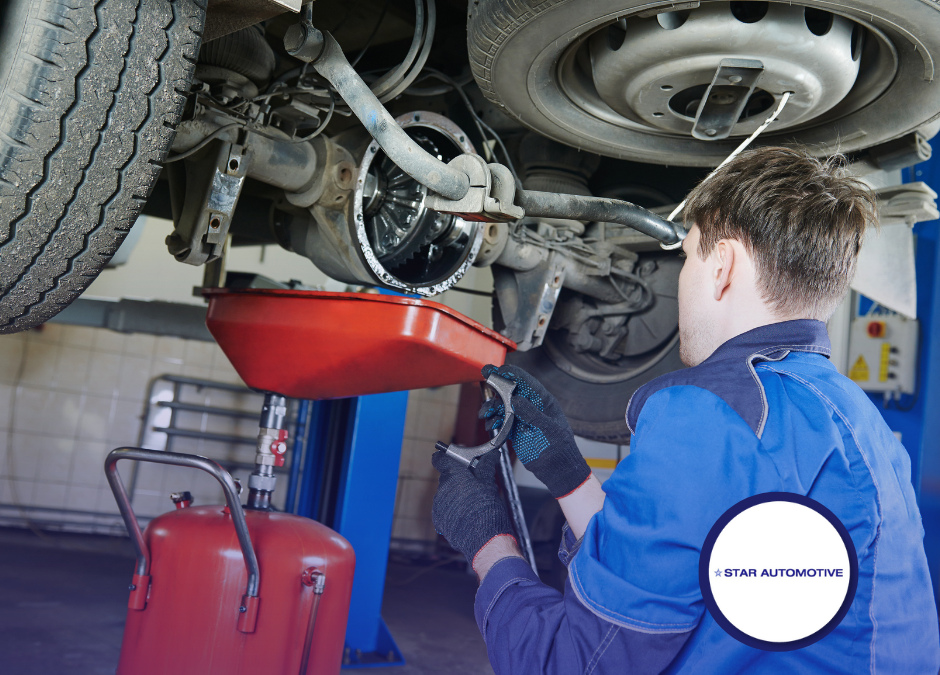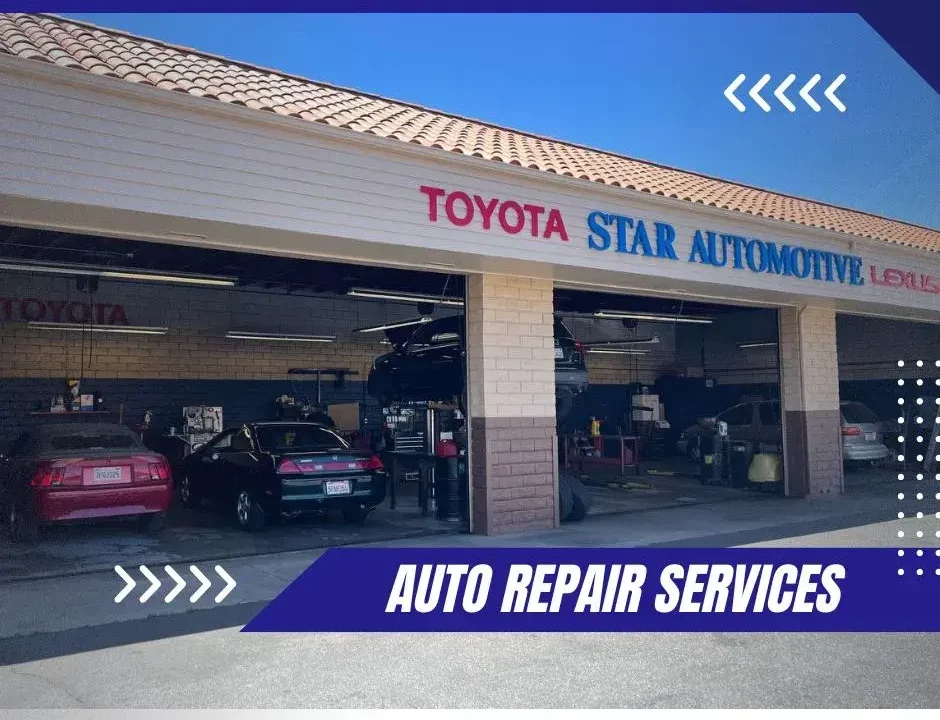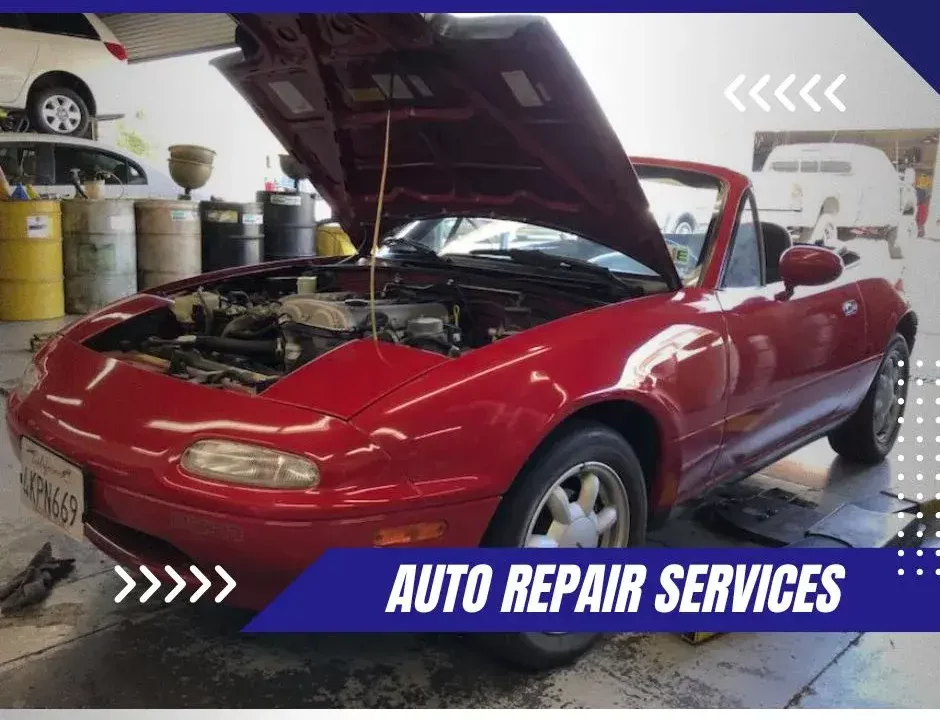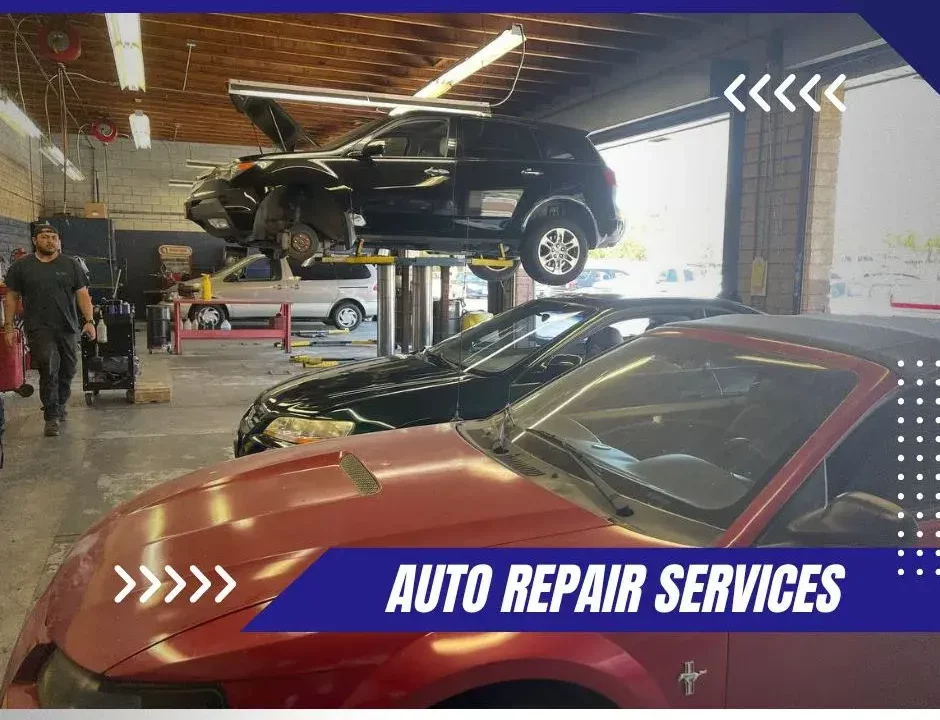Adventure Awaits at Wildwood Regional Park in Thousand Oaks, CA
January 9, 2024
Understanding Your Car’s Engine: A Beginner’s Guide to Repair and Maintenance
January 9, 2024The mantra ‘Preventive Engine Care: Routine Maintenance to Avoid Costly Repairs’ encapsulates the essence of responsible vehicle ownership. This guide aims to provide an in-depth understanding of your car’s engine and the essential maintenance tasks that can prevent expensive auto repair scenarios.
With a comprehensive approach to engine care, vehicle owners can ensure optimal performance and longevity of their prized possession. It is more than just a guide; it is an invitation to a community of informed and proactive car owners who prioritize preventive care.
By fostering this mindset, we can collectively contribute to a culture that values preservation over auto repair, and ultimately, enjoy the substantial financial and functional benefits that follow.
Understanding Your Car’s Engine
Comprehending the fundamental workings of your car’s engine is the first step towards effective preventive maintenance. An engine operates by way of a four-stroke combustion cycle, consisting of the intake stroke, compression stroke, combustion stroke, and exhaust stroke. Understanding this process is essential to identify potential issues that may cause damage.
Regular inspection of the engine oil, coolant, and engine belts is crucial to maintain the engine’s optimal performance. Moreover, the spark plugs and air filters should be checked and replaced regularly to ensure efficient fuel combustion.
Essential Routine Maintenance Tasks
Preventive maintenance plays a pivotal role in the longevity and efficiency of a vehicle’s engine, requiring an array of essential routine tasks to be performed regularly. This proactive approach helps to mitigate the risk of unexpected breakdowns and expensive repairs, thus saving both time and money.
1. Oil Change: Regular oil changes are imperative to maintain optimal engine performance and longevity. It is recommended to change oil every 3000 to 5000 miles.
2. Air Filter Replacement: A clean air filter enhances fuel efficiency, reduces emissions, and prolongs engine life. Replace at least once a year.
3. Fluid Checks: Ensure the coolant, brake fluid, power steering fluid, and transmission fluid are at appropriate levels regularly.
4. Battery Maintenance: Keep the battery clean and secure, check the electrolyte level, and replace when necessary. Regular battery checks prevent sudden failure.




